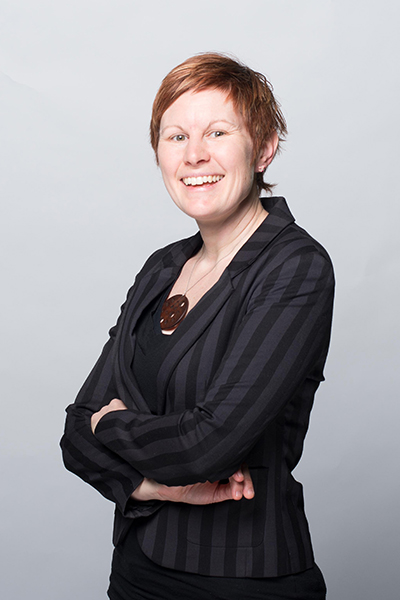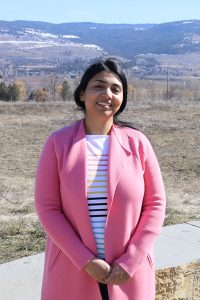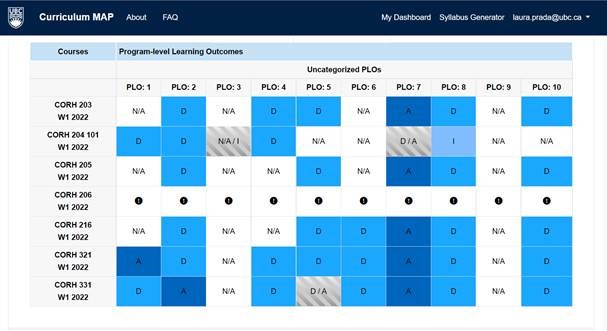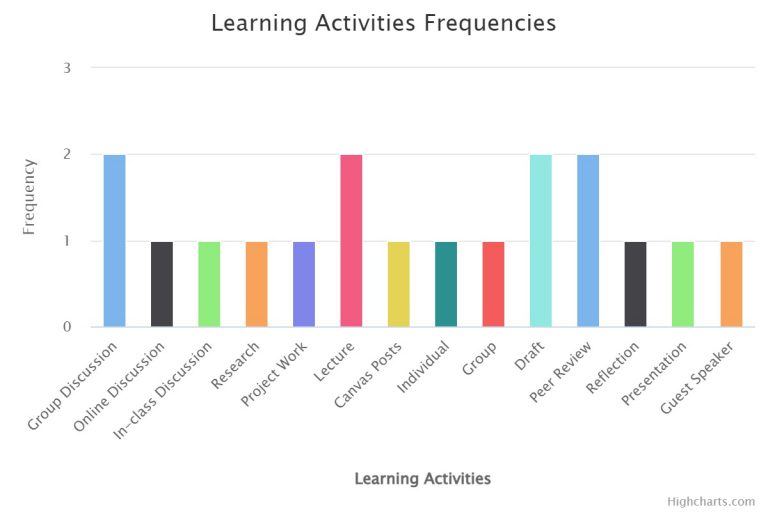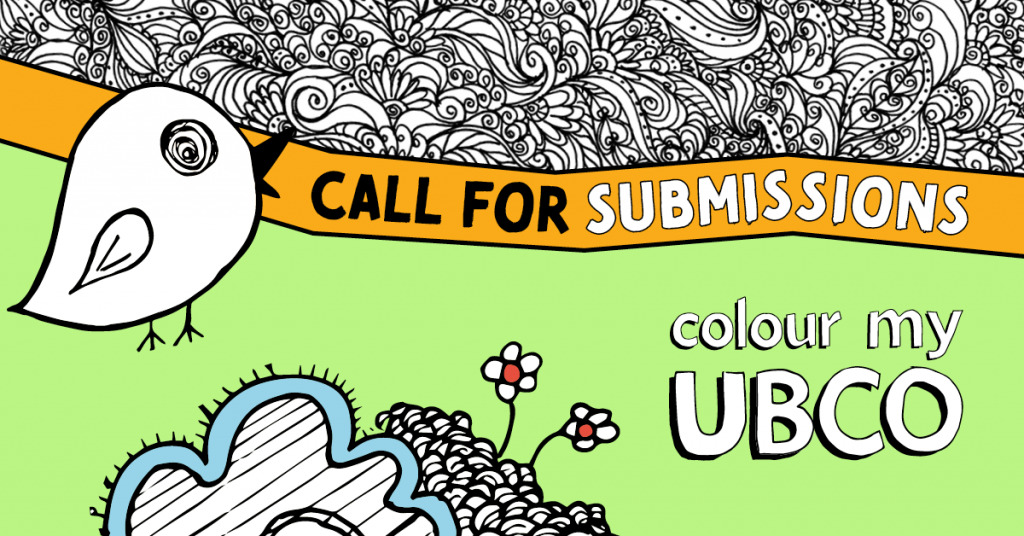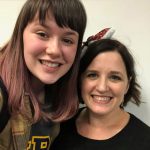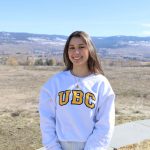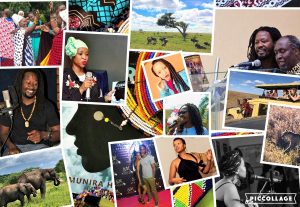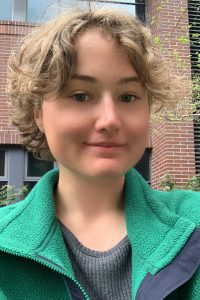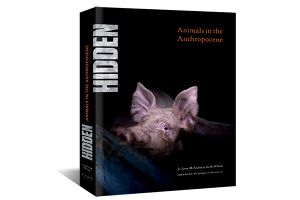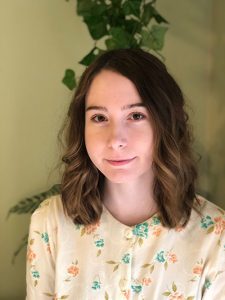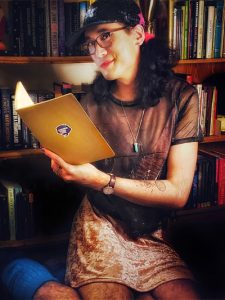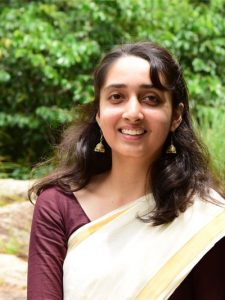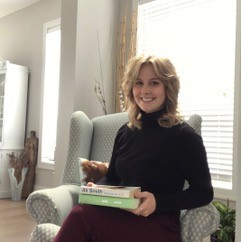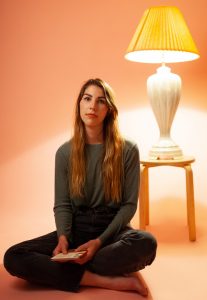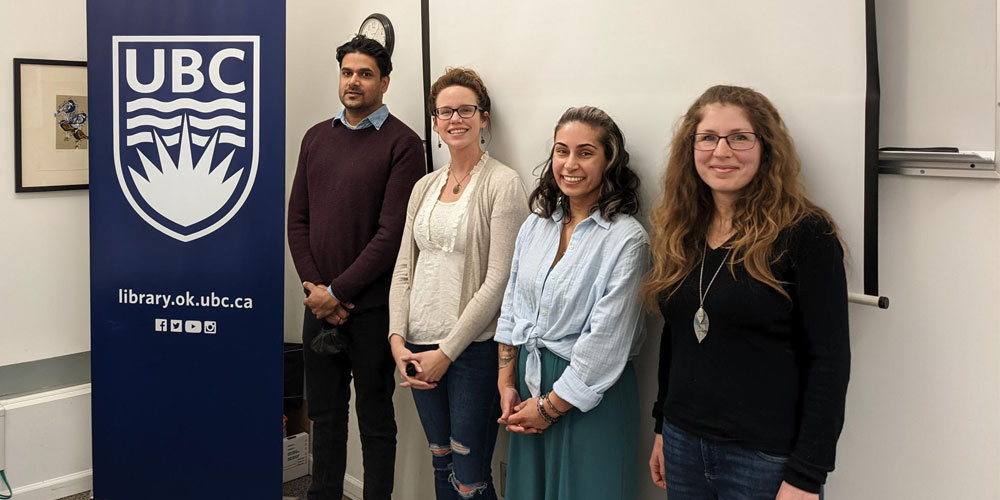Anita Chaudhuri is an Assistant Professor of Teaching in the Department of English and Cultural Studies. She specializes in second language writing (broadly, Writing Studies) and world Englishes, and is interested in the identity construction of language learners, their development in writing and communication, and how pedagogical practices such as, Writing in the Disciplines, Writing Across Curriculum and Culturally Sustaining Pedagogy impact curriculum development.
Dr. Chaudhuri shared some insights on her research and teaching practices here at UBC Okanagan.
What brought you to UBCO?
Research-intensive activities and UBC’s focus on teaching and learning have appealed to me since graduate school. Researchers such as, Bonny Norton and Ryuko Kubota guided my learning and research interest. When the opportunity to join UBC’s Okanagan campus became possible, I was ecstatic to join some wonderful colleagues and furthering my career in the Educational Leadership stream.
How did you know you wanted to be a professor?
I come from a family of teachers so, my childhood was spent sitting in classrooms where I didn’t belong, sometimes tutoring, and always enjoying the idea of being surrounded by interesting people and questions. I have come to value the process of teaching and learning even more because I share classrooms with learners who bring with them the knowledge of geographical spaces and socio-cultural interests that are fascinating.
Tell us about a recent project that you are excited about.
I am excited about the new Certificate and Minor in Communications and Rhetoric (CORH) project. Working with Drs. Aisha Ravindran, Jordan Stouck and Marie Loughlin on this ALT-2040 funded project has been an opportunity to prepare students with strong communication and argumentative skills. We hope to offer the Capstone course in Winter 2022-23 for our first cohort of students to complete the CORH Certificate. The Minor is currently in development.
I am also excited about UBC’s Curriculum MAP project supported by UBCO’s Office of the Provost and Vice-President Academic. Participating in the creation of the curriculum mapping, alignment and planning tool for UBC (and beyond) has been a rewarding experience.
You recently received ALT-2040 Learning Transformations Funds and UBC’s Equity Enhancement Fund Tell us about these projects.
I received ALT-2040 Learning Transformations Fund to create an OER titled, Disciplinary Approaches to Academic Integrity in 2022. This multidisciplinary work in student engagement and learning will contribute to discussion on how AI needs to be unpacked and made relevant to the student body before they are penalized for academic misconduct, plagiarism, contract cheating, to name a few. Therefore, the objectives of this OER are to: (i) offer student-facing, discipline-specific content for undergraduates to become informed decision makers vis-à-vis their own learning practice and (ii) support classroom discussion and activities on AI.
I also received UBC’s Equity Enhancement Fund in 2022 to create an e-magazine on equity matters. Dr. Rishma Chooniedass at FHSD is a collaborator on this project. The objective of this project is to plan and produce a student-facing and UBC student-run e-magazine titled, RESPECT that publishes their understanding of EDI issues as essays, interviews, artwork, photographs, multimodal, and interactive presentations to enhance UBC’s Inclusive Action Plan. By promoting conversations around sensitive topics that are current and impactful, this e-magazine will develop opportunities for engagement, development of ideas, individual and shared understanding with fellow UBC students and the community at large.
